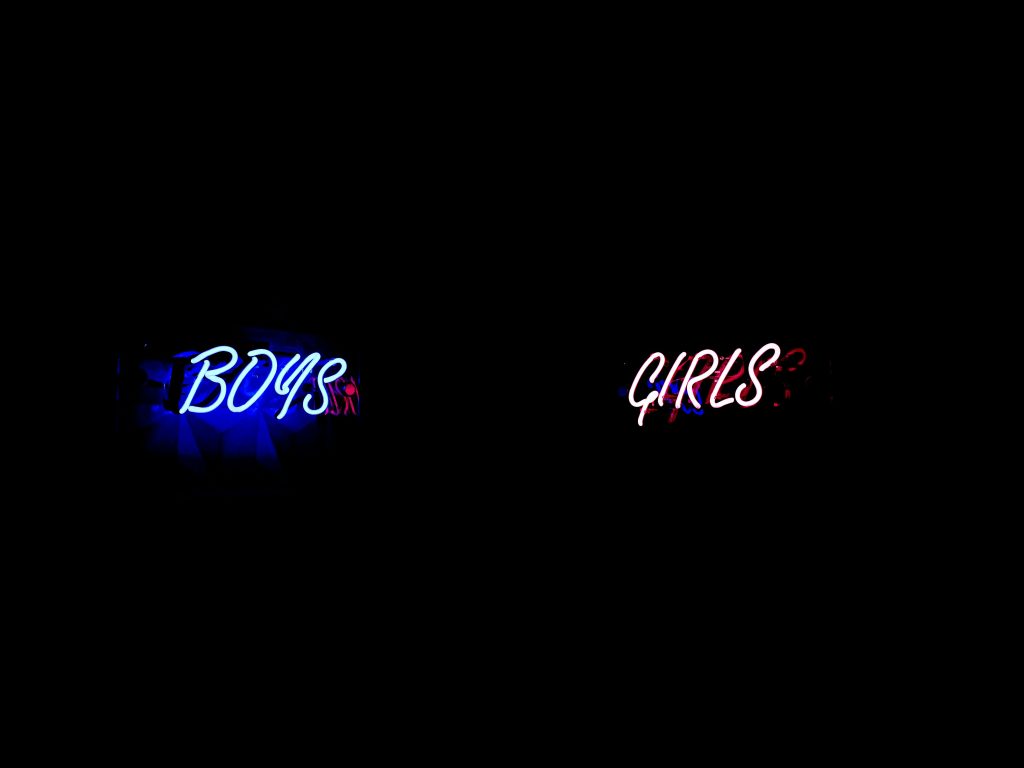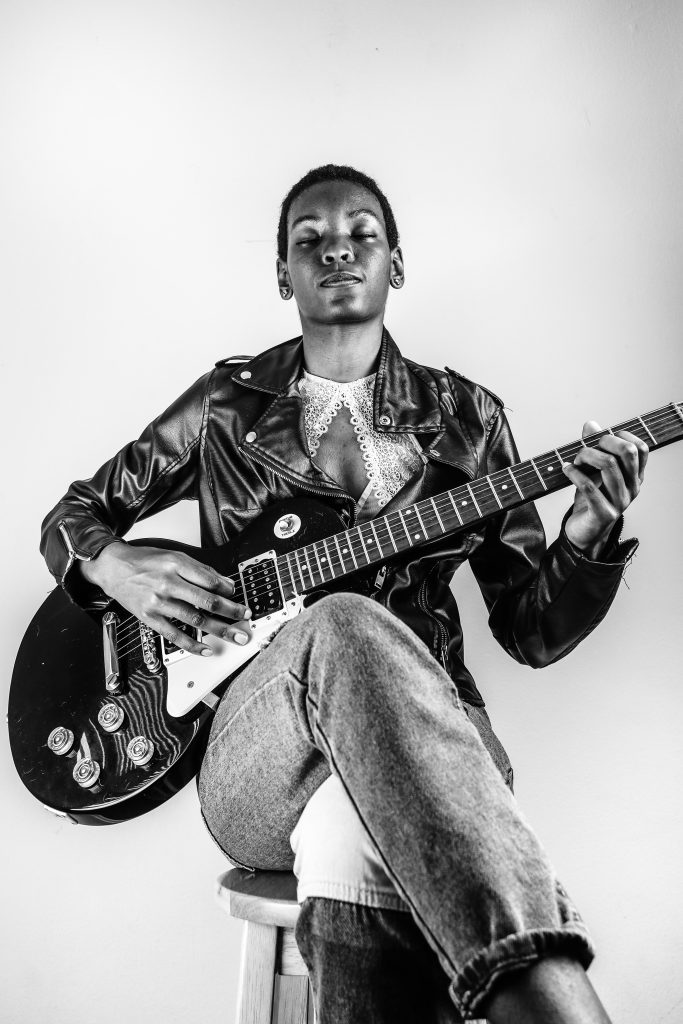Several live music companies like Live Nation, Ticketmaster, Academy Music Group, and AEG have presented their gender pay gap reports for 2022/23. After being postponed during the pandemic, UK-based companies are now disclosing their pay gap information again, reflecting data from April 5, 2022, for the 2022-23 period. The gender pay gaps within Live Nation, Ticketmaster, Academy Music Group, and AEG in the live music industry vary from 16.5% to 37.5%, according to IQ’s report. Live Nation UK has shown a 24.8% improvement in its median pay gap compared to the previous year, reducing the difference to 6.6% in 2022/23. Live Nation mentioned that pay discrepancies in senior management and upper quartiles are largely influenced by commercial performance, leading to more significant variations in pay and bonuses than in other business levels. They highlighted ongoing salary reviews and recent job leveling to ensure equal pay for the same roles and experience levels. At Ticketmaster, women’s median hourly pay remains notably lower than men’s by 25.9% in 2022/23, with a 16.5% difference in mean pay. Meanwhile, AMG’s latest report revealed a growing pay gap over the last four to five years. Women’s median pay is now 10.7% lower than men’s in 2022/23, up from 6% in 2018/19. The mean pay gap has also increased to 22.9% from the previous report’s 21%. Anschutz Sports Holdings, the parent company of The O2 and AEG Presents, reported a median gender pay gap of 31.9% (11% in 2021) and a mean pay gap of 37.5% (22% in 2021). AEG acknowledged the need for continued efforts to narrow the gender pay gap while highlighting the positive impact of their ED&I strategy since 2017. They emphasized their commitment to fostering an inclusive workplace where every individual can prosper.
music
The fight for gender equality in the UK music industry
The UK music industry is a male dominated sector with only 15% of PRS members being women. Recent high-profile cases such as the #metoo movement and the mistreatment of female artists by major record labels have shone a light on inequality in the industry. This has led to calls for change from within the music community, with many arguing that gender equality is vital for the future success of the UK music industry. In this article we will explore some of the key issues facing female artists in the UK music industry and look at what needs to be done to achieve gender equality. The current state of the UK music industry in relation to gender equality The current state of the UK music industry in relation to gender equality is a complex and ever-evolving topic. There are a number of different factors at play which contribute to the overall inequality that exists within the industry, from historical biases and practices to more recent trends. One of the biggest barriers to gender equality in the music industry is the lack of female representation at senior levels. Although women have been involved in making music for centuries, they have often been relegated to subordinate roles such as performers or songwriters, rather than being given opportunities to lead and shape the direction of the industry itself. This has resulted in an imbalance when it comes to decision-making power and influence within the music industry, which continues to this day. Despite some progress being made in recent years, with initiatives such as PRS Foundation’s Keychange programme working towards increasing female participation at all levels of the music business, there is still a long way to go before true parity is achieved. Other issues faced by women in the music industry include lower average incomes compared to their male counterparts, sexual harassment and discrimination both on-and-off stage, and a general lack of acknowledgment or respect for their achievements. That said, there are also many positive stories emerging from within the UK music scene with regard to gender equality. More women are now starting their own independent record labels, promoting other women’s talent through DJ collectives and events like She reclines: Women In Sound exhibition , exhibiting strength in numbers via social media campaigns #GirlsMakeNoise , #WomenInMusic . Grassroots organisations such @reclaimtheblock london @ukfemfestivals database demonstrating how change can happen from within communities most affected by these inequalities .We The history of the fight for gender equality in the UK music industry It wasn’t until the late 1960s that women began to make significant inroads into what had been a male-dominated industry. One of the key figures in this battle was Davie Roberts, who became the first female A&R executive at Decca Records in 1967. Her story is an inspiring one; despite having no formal music training, she quickly made a name for herself as a tough and tenacious negotiator, championing such artists as Roxy Music and Creedence Clearwater Revival. In the 1970s, Roberts continued to be a trailblazer, setting up her own independent record label – Prefabricated – which was one of the first to give female artists a platform. She also set up Women In Rock, an organisation dedicated to supporting and promoting women in music. Sadly, Roberts passed away in 2006 but her legacy lives on. In recent years there has been a renewed focus on gender equality within the music industry and many positive initiatives have been put in place to help redress the balance. These include Keychange (a project committed to achieving gender parity across festivals and conferences by 2022), PRS Foundation’s ReBalance scheme (which offers funding and mentoring support specifically for female producer/engineers) and SoundGirls (an international organisation providing opportunities for women working behind the scenes in audio). There is still some way to go but things are slowly improving. With more strong and determined women like Davie Roberts leading the charge, we can only hope that Gender Equality will eventually become a reality within the UK music industry. The future of gender equality in the UK music industry The future of gender equality in the UK music industry is looking bright. Despite the fact that women are still hugely underrepresented in the industry, there are signs that things are slowly starting to change. There has been a lot of discussion about gender inequality in the music industry in recent years, and this has led to some positive changes. For example, last year saw the launch of the Keychange initiative, which is committed to achieving better representation of women in the music industry. As well as initiatives like this, it is also encouraging to see more women taking up senior positions within the industry. Earlier this year, Julia Payne was appointed as head of A&R at Virgin EMI Records – becoming one of the most powerful women in the music business. Payne is just one example of how things are starting to change for women in the music industry. With more people talking about gender equality and more companies committing to changing their hiring practices, it seems likely that we will see even more progress being made in the years to come.

